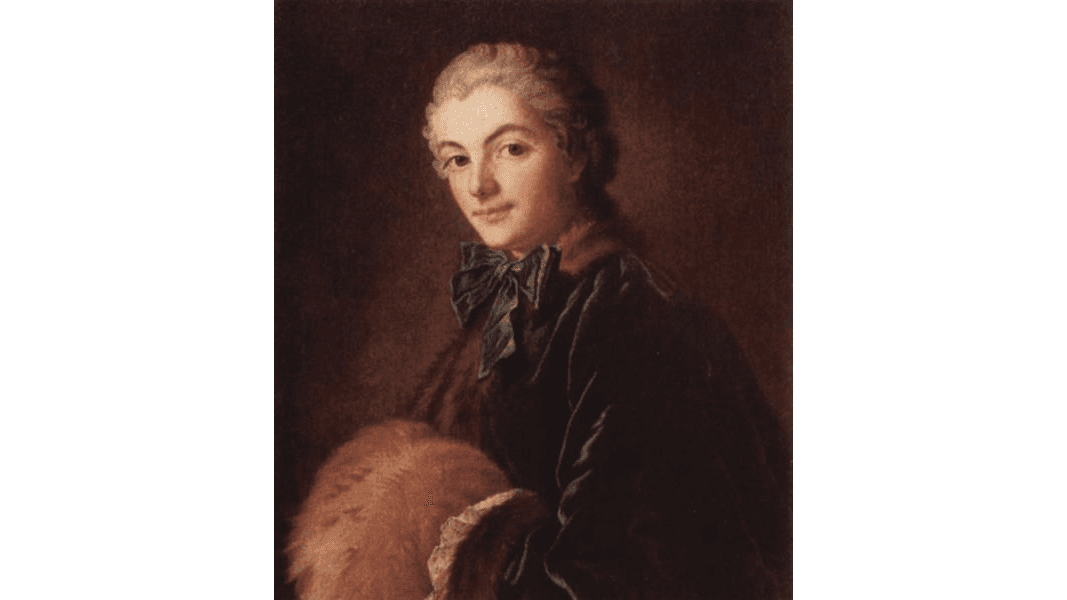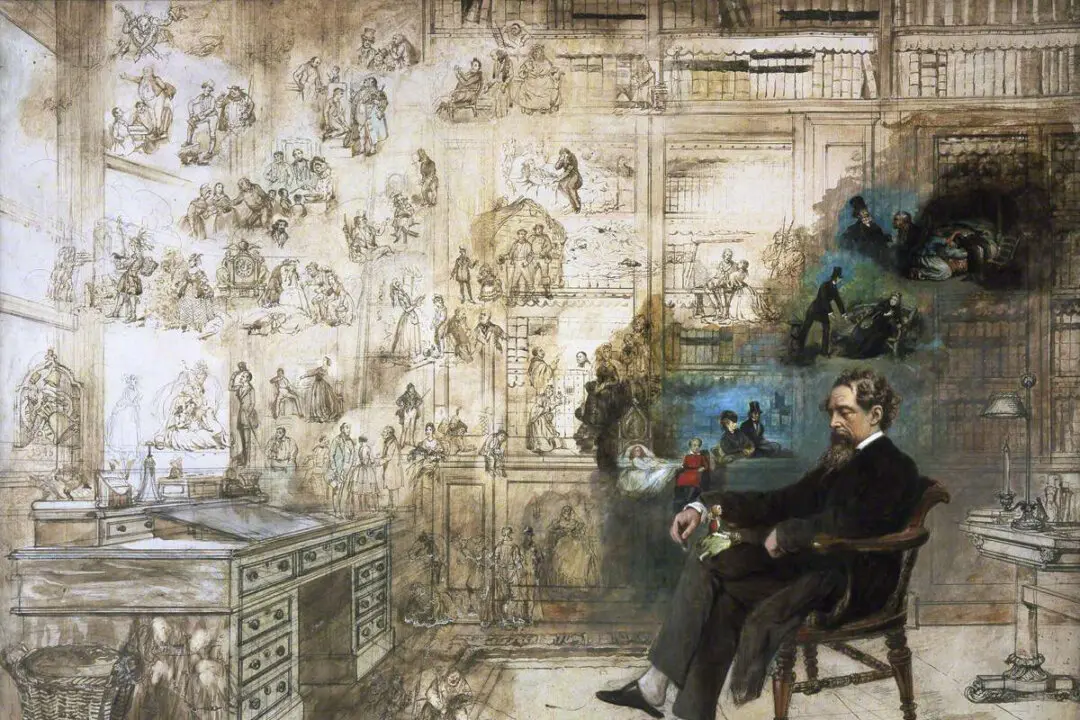The shame we occasionally feel over our simple and sometimes odd ways is often misplaced. When we embrace these simple ways, we can face life with humility and a healthy sense of humor.
Arnold Bennett contemplates this shame over simple things in his short story “Hot Potatoes.” He shows the need for humility and humor by following Mrs. Swann’s muddled attempt to deliver some hot potatoes to her son before his concert.






